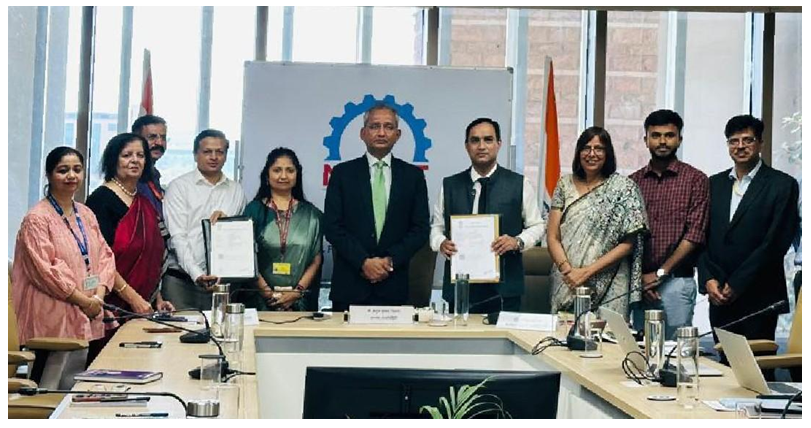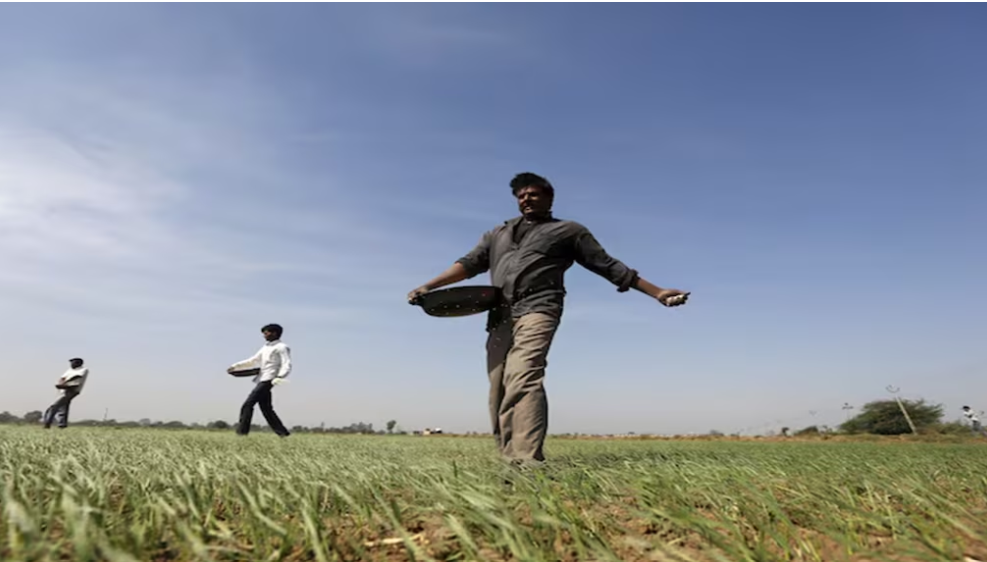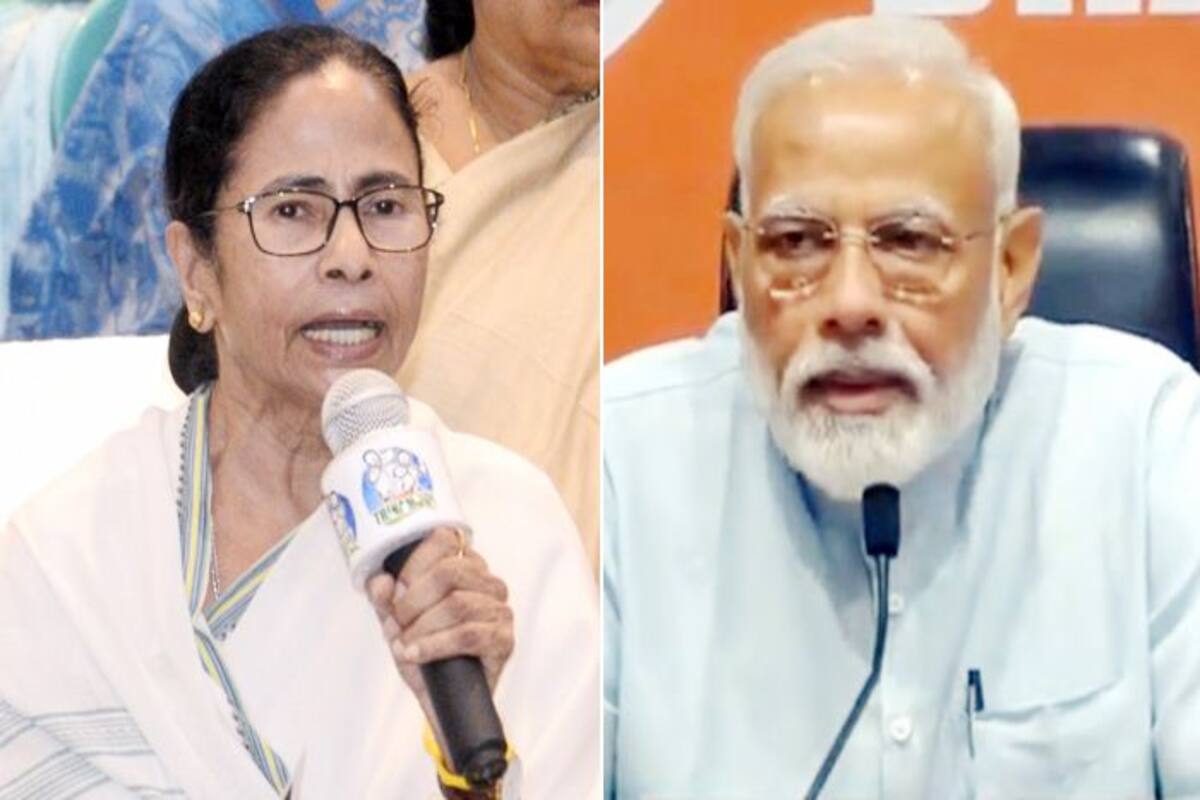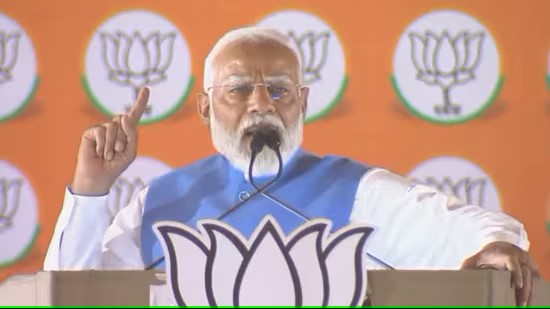The government has been actively implementing various schemes aimed at the welfare and upliftment of all sections of society, with a particular focus on economically weaker and underprivileged communities, including minorities. The Ministry of Minority Affairs has been at the forefront of these efforts, rolling out nationwide initiatives to promote socio-economic and educational empowerment for six centrally notified minority communities. Over the past year, several key measures have been introduced to enhance opportunities and improve living conditions for these groups.
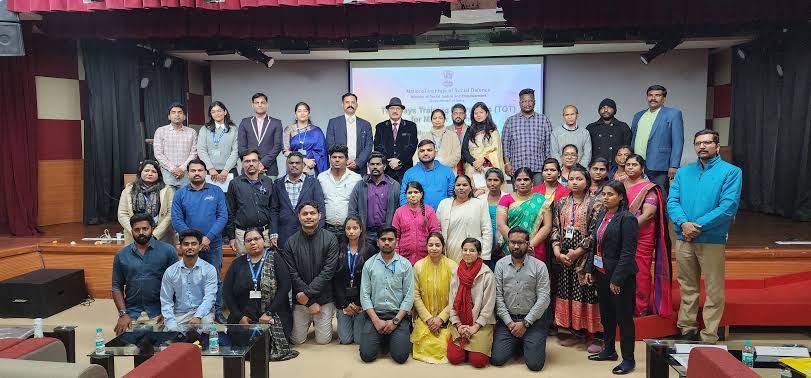 One of the significant programs under this initiative is the Pradhan Mantri Virasat Ka Samvardhan (PM VIKAS) scheme, which brings together five earlier schemes—Seekho Aur Kamao, USTTAD, Nai Manzil, Nai Roshni, and Hamari Dharohar. This integrated approach focuses on skill development, entrepreneurship, leadership training for minority women, and educational support for school dropouts. The scheme is designed to enhance economic prospects and create sustainable livelihood opportunities for minority communities.
One of the significant programs under this initiative is the Pradhan Mantri Virasat Ka Samvardhan (PM VIKAS) scheme, which brings together five earlier schemes—Seekho Aur Kamao, USTTAD, Nai Manzil, Nai Roshni, and Hamari Dharohar. This integrated approach focuses on skill development, entrepreneurship, leadership training for minority women, and educational support for school dropouts. The scheme is designed to enhance economic prospects and create sustainable livelihood opportunities for minority communities.
To further financial inclusion, the National Minorities Development and Finance Corporation (NMDFC) has taken steps to make its credit programs more accessible. The annual family income limit for eligibility under Credit Line 1 has been raised from ₹98,000 in rural areas and ₹1,20,000 in urban areas to ₹3 lakh per annum across both rural and urban regions. This expansion aims to broaden the reach of financial support and uplift more families.
In addition to employment and financial empowerment, infrastructure development has been a key focus area. The Pradhan Mantri Jan Vikas Karyakram (PMJVK), a centrally sponsored initiative, is one of the flagship programs designed to create essential community infrastructure in minority-concentrated areas. The scheme covers critical sectors such as healthcare, skill development, women’s empowerment, sanitation, drinking water supply, and sports facilities.
A unique initiative introduced by the Ministry is the Buddhist Development Program (BDP), launched as a pilot project to cater to the specific needs of Buddhist communities. This program aims to enhance their social and economic progress while addressing key infrastructure gaps in education, healthcare, sports, and renewable energy. The project primarily focuses on the Himalayan Belt, covering regions from Ladakh to Sikkim, with state and central government agencies overseeing its implementation.
The government’s approach reflects a commitment to inclusivity, ensuring that minority communities have access to resources that enable them to thrive. Through these targeted schemes, the aim is to bridge economic, social, and cultural gaps, fostering a more equitable society. This information was shared by Union Minister of Minority Affairs and Parliamentary Affairs, Shri Kiren Rijiju, in a written reply in the Lok Sabha.

